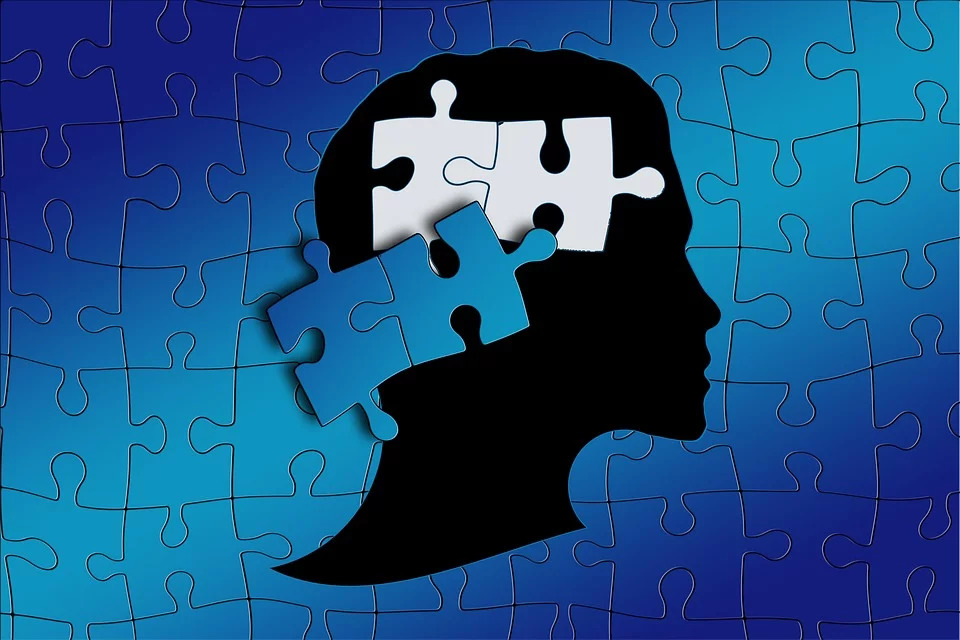Characteristics of Dyslexia

Dyslexia is a neurologically based disorder that is characterized by a child’s (or an adult’s) difficulty with reading accuracy, reading fluency, and spelling. This condition has nothing to do with a person’s overall intelligence. Studies have shown that there are neurological differences in the brain regarding connectivity and coherency of a person with dyslexia versus a person without. Dyslexia Toronto sufferers may show any of the following most common signs and characteristics of the condition:
- Difficulty learning the relationship/connection between sounds and letters
- Difficulty reading words
- Letter reversals/confusion
- Pronunciation problems
- Trouble remembering sequences like telephone numbers and names of people
- Frequent addition or omission of letters within a word
- Difficulty with the concept of rhyming words
- Handwriting difficulties
- Genetic predispositions (having family members with similar problems)
- Avoidance of writing tasks and dread of verbal instructions
- Trouble understanding, remembering/recognizing between left and right
- Slow memorization of mathematical facts and the alphabet
- Restlessness and difficulty sustaining attention
- Reading comprehension troubles
- Problems with/aversion to writing tools
- Difficulty with time management and organization
- Inability to recognize or differentiate speech sounds and repeating sentences or phrases
- Difficulty with sequenced instructions
While dyslexia cannot be cured, those who are affected by dyslexia can be helped to reduce the severity of symptoms. Modern techniques, therapies, and methodologies are now being used and continuously developed in many-a Toronto rehab institute to help people with dyslexia improve their reading, writing, and comprehension abilities. Through the use of advanced, non-invasive brain imaging and various neurological assessments, the dysfunctions in brain activity can be identified and a personal training plan developed for your individual brain.
